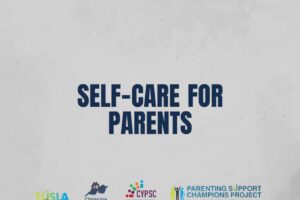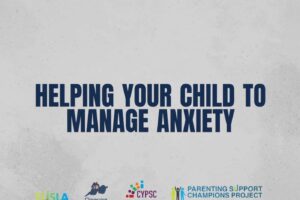Teens and Sex
Did you know that every year there is a World Contraception Day? This is a day to support people with information and advice on making positive, safe decisions about contraception and the prevention of unwanted pregnancies.
For some parents, talking to children about sex, sexual relationships and sexuality can be challenging. We may not have had the best sex education ourselves, so we might be unsure what to say and how to say it. We might also be unsure if we have all of our own facts straight or if we might even be encouraging our children to have sex early if we are too open about the subject. In addition, many young people are overexposed to pornography so we may think they know more than we do.
Young people, however, still need information and support from the caring, responsible adults in their lives. The evidence tells us that young people who have parents who communicate openly and honestly about all issues sex-related tend to make more positive, less risky choices. And, when they do make mistakes, they are more likely to find the help and support they need. These conversations should include how to keep themselves and their potential partners safe from sexually transmitted diseases and unwanted pregnancies; how to keep themselves and their potential partners safe emotionally; what a healthy relationship feels like and a robust discussion of consent .
Below are some tips on how to get the conversation started.
- If you can, start the conversation early in an age appropriate way. Young children are naturally curious about their bodies so name their parts for them and answer any questions they have in simple language. You don’t have to go in to details, but try not to let them feel any shame or embarrassment in asking the questions.
- • Get your own facts straight. There is lots of information out there about sex and contraception, so take some time to update your own knowledge. Have a look at www.sexualwellbeing.ie to find evidence-based information and support. Find out what resources are available locally (the GP, the Family Planning Clinic, the nearest Sexually Transmitted Infection Clinic). You don’t need to know everything, but try to show a willingness to help your son or daughter find the information they need
- • If they do ask for support in accessing birth control, stay calm and talk to them openly. Help them access appropriate medical advice. Let them know you are there to help them think through the best, safest option for them
- • Try not to have “The Big Talk”. Instead, have regular, casual conversations as issues arise. If you are watching something together or if your son or daughter tells you something that happened to a friend, ask him or her open questions about what they think and share your own thoughts.
- • Remember that talking about sex with your son or daughter, including how to use and access contraception, doesn’t mean that you are actively encouraging them to have sex. Talk to them about contraception in the context of positive, consensual relationships and make sure they know they have options, including to not have sex until they are ready.
- All about consent
It is very important that your teenager understand the importance of consent. It can be a difficult conversation to navigtate but these videos will help support your conversation.








